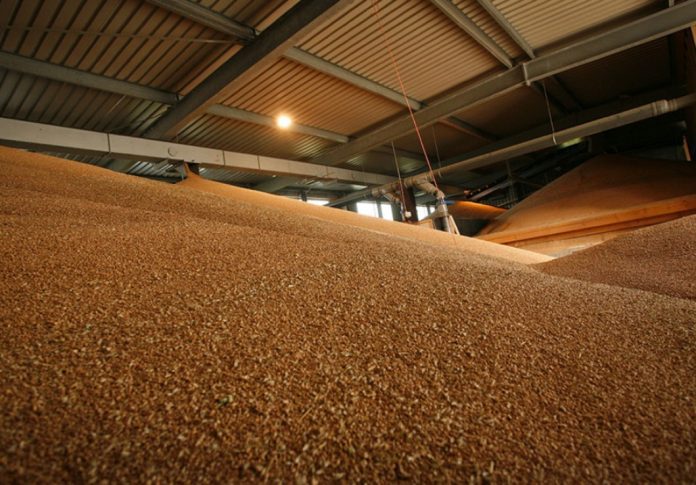News in brief:
â China maintained stable grain purchases exceeding 400 million tons in 2023, ensuring a strong foundation for national food security.
â The countryâs stock-to-use ratio remains above international thresholds and officials highlight efforts to stabilise the market and address challenges in transportation and production coordination for 2024.
While facing extreme weather conditions that affected local production, China maintained stable grain purchases exceeding 400 million tons in 2023, ensuring a solid foundation for national food security.
During to a national work conference on food and strategic reserves, the countryâs officials praised a bumper grain harvest, which further bolstered the countryâs already abundant reserves.
Meanwhile, Chinaâs director of the National Food and Strategic Reserves Administration, Liu Huanxin, emphasised the crucial role of grain purchases in ensuring both nationwide food supplies and farmer livelihoods.
He stated that grain reserves are vital to national food security, and maintaining stable purchases serves as a form of macro-control over our reserves.
The countryâs stock-to-use ratio, a key indicator of food security, remains well above the international threshold, providing a buffer against potential disruptions.
Additionally, Liu highlighted the administrationâs efforts to stabilise the grain market amidst fluctuating international prices through strengthened macro-control measures. Chinaâs grain purchasing system employs a blend of market-oriented transactions and policy-based interventions. While market prices dictate most grain purchases, policy-based purchases set minimum price floors for wheat and rice in major producing regions to protect farmersâ interests.
However, Liu cautioned against complacency, acknowledging the challenges posed by the concentration of crops in major producing areas and the increasing strain on large-scale, long-distance transportation networks. To address these concerns, China plans to enhance coordination in grain production, purchases, stockpiling, and sales in 2024. This will include promptly implementing minimum grain purchase price plans and actively responding to emergencies like natural disasters.
Also, Wang Gangyi, a professor at Northeast Agricultural University, emphasised the shift in focus from simply maximizing grain output to building comprehensive grain production capacity. This encompasses not only production but also storage, transportation, and processing capabilities, ensuring food availability when needed.



